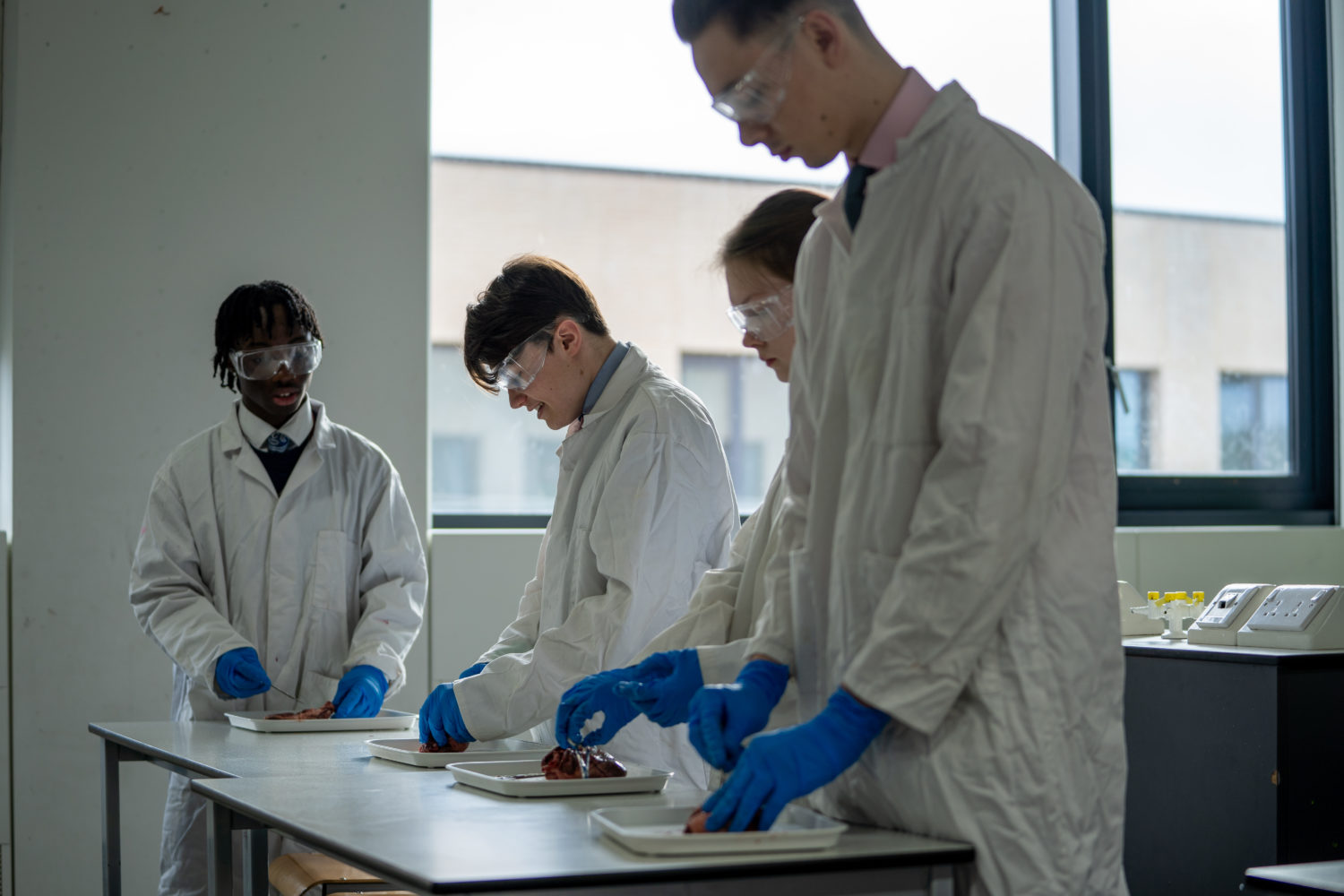Practical Assessment
- There are 16 core practicals that cover all of the 12 techniques required for the practical competency measure.
- Knowledge of all the core practicals can be tested within exam papers.
- Core practicals form part of the practical competency assessment










